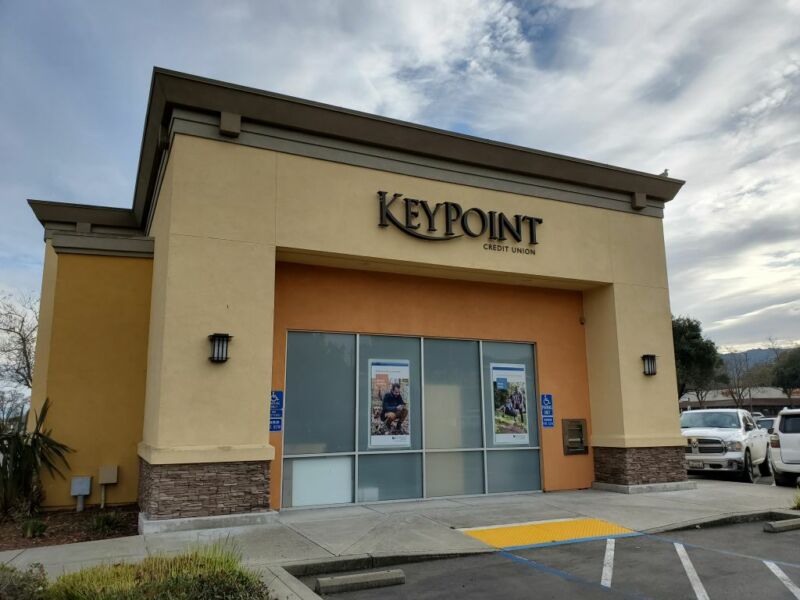
Enlarge / The Credit Union National Association held a ransomware exercise for member institutions and then got hit itself. While CUNA quickly recovered, the assumption that ransomware attacks don't equal data breaches is changing what "recovery" actually means. (credit: Smith Collection/Gado/Getty Images)
Not every ransomware attack is an unmitigated disaster. But even the most prepared organizations, it seems, can have small-scale disasters in the era of mass scans, spear phishes, and targeted ransomware.
Just a few months after staging a ransomware exercise for its member credit unions, the Credit Union National Association (CUNA) experienced what a spokesperson described as a "business disruption issue"—caused by ransomware, according to a source that spoke with TechCrunch's Zack Whittaker. By late on February 4, the site had been fully restored. Jim Nussle, CUNA's president and CEO, sent a message to members on February 5:
We are pleased to share that as of last night, we have restored access to our site and other online resources. We want to thank you for your patience as we worked around the clock to restore these systems. We apologize for the inconvenience and frustration this may have caused as you had trouble accessing our services.
CUNA spokesperson Vicky Christner told Whittaker that “CUNA does not store Social Security numbers or credit card numbers of our members" and that "there no evidence to suggest that any data in our system—such as names, businesses addresses and email addresses—have been accessed."
No comments:
Post a Comment